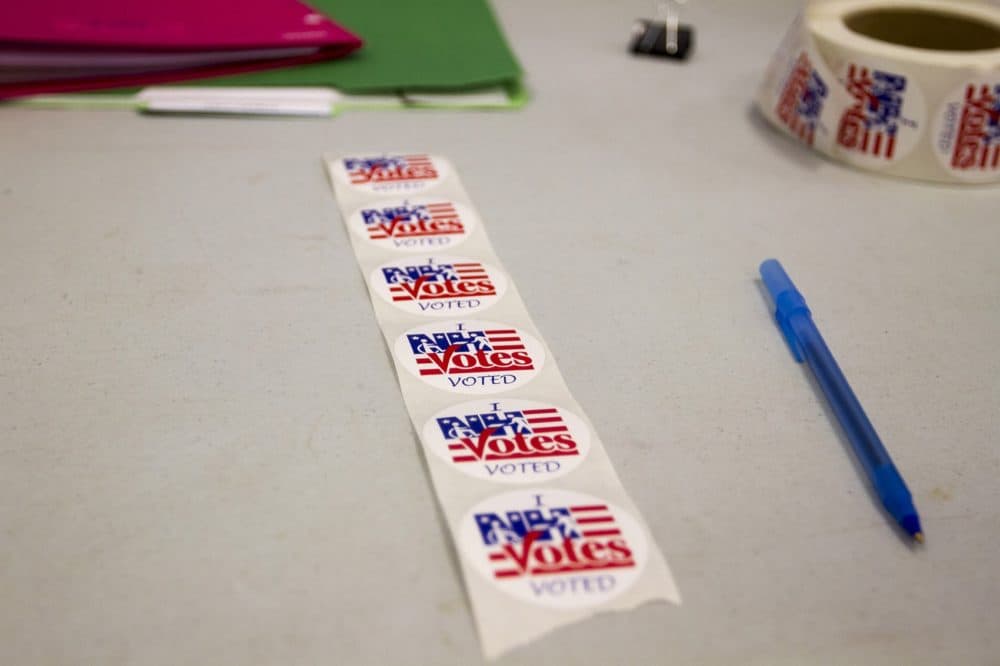dcmdon
NES Member
Remember that different states define residency differently, and the ATF defines it different still.
The ATF considers that if you own homes in multiple states, you are a resident of whatever state you are in when you are there. So if you have a weekend home in NH, you can lawfully buy a gun there as a resident. Whichmeans you can buy handguns there and long guns that aren't legal in MA if that is your domicile state.
CT is happy to issue a person there who has a weekend home a RESIDENT pistol permit.
99% of NH towns will not issue a person with a weekend home there a RESIDENT P&R. This is important because NH has reciprocity with many many other states. But a good chunk of those states only recognize a RESIDENT NH P&R. Not a non-resident.
NH law is pretty clear. I don't have time to google it but it is out there.
Throughout all of this is the idea that there is a difference between a residence (which the ATF defines as anywhere you make a home. At SHOT show, I spoke to an ATF agent about this and he said that if you keep a toothbrush and clothes there, its a safe bet that they would consider it to be a residence) and a primary residence or domicile.
You only have one domicile. Your DL is issued by your domiciled state. You vote in your domiciled state. On top of that, you can have an unlimited number of residences.
The ATF considers that if you own homes in multiple states, you are a resident of whatever state you are in when you are there. So if you have a weekend home in NH, you can lawfully buy a gun there as a resident. Whichmeans you can buy handguns there and long guns that aren't legal in MA if that is your domicile state.
CT is happy to issue a person there who has a weekend home a RESIDENT pistol permit.
99% of NH towns will not issue a person with a weekend home there a RESIDENT P&R. This is important because NH has reciprocity with many many other states. But a good chunk of those states only recognize a RESIDENT NH P&R. Not a non-resident.
NH law is pretty clear. I don't have time to google it but it is out there.
Throughout all of this is the idea that there is a difference between a residence (which the ATF defines as anywhere you make a home. At SHOT show, I spoke to an ATF agent about this and he said that if you keep a toothbrush and clothes there, its a safe bet that they would consider it to be a residence) and a primary residence or domicile.
You only have one domicile. Your DL is issued by your domiciled state. You vote in your domiciled state. On top of that, you can have an unlimited number of residences.

